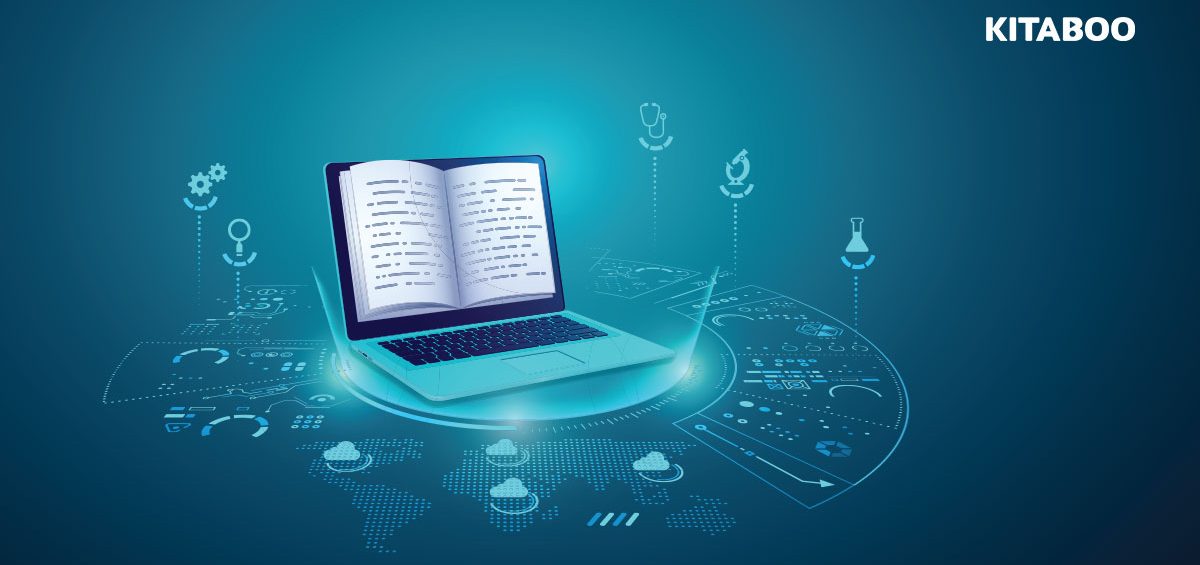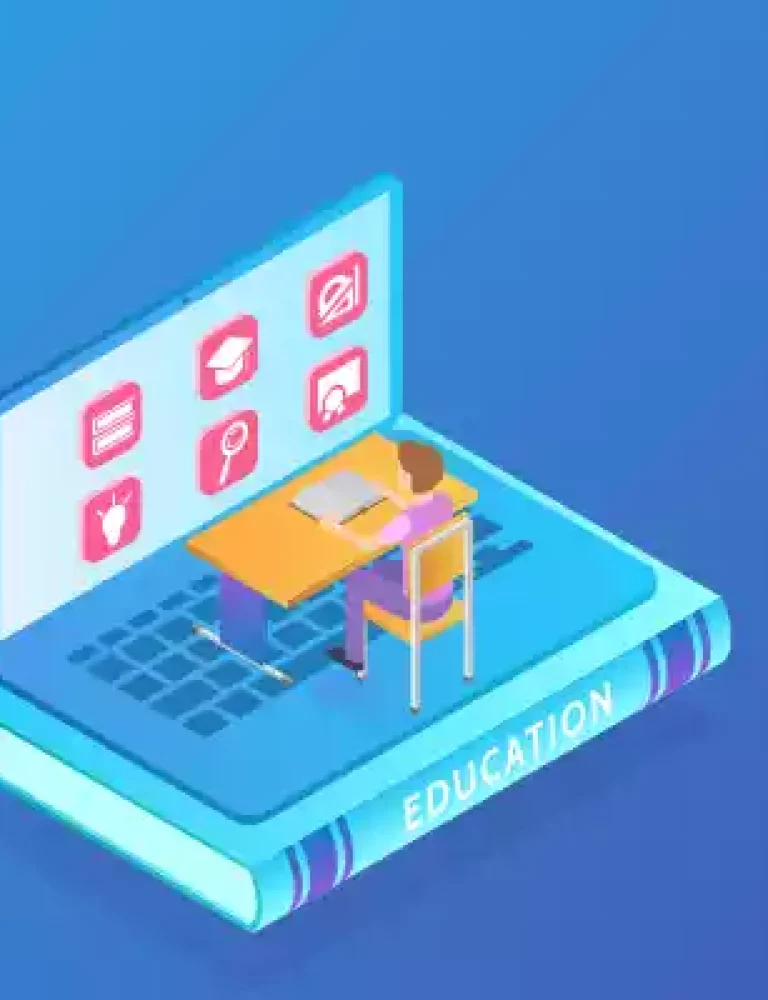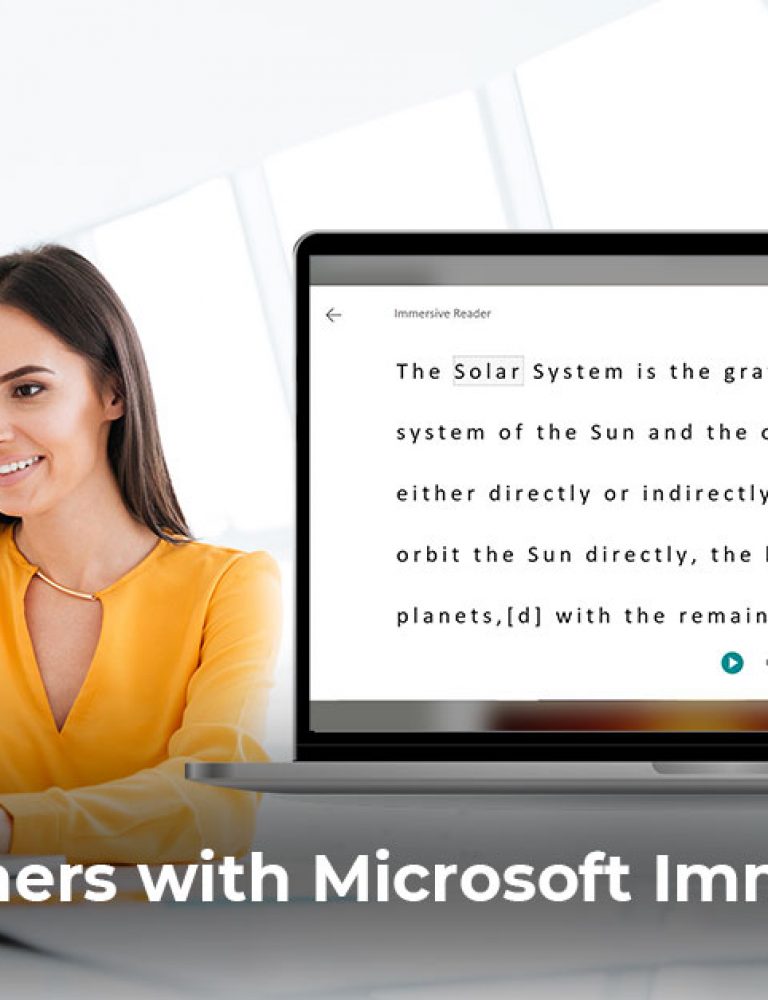Books are an integral part of education, and both educators and learners require tons of books to grasp the topics included in their courses. There are times when a good textbook is all a student needs to get an in-depth understanding of a topic without consulting their teacher.
However, let’s not forget about the rising costs of textbooks and how this makes it difficult for many learners to continue getting the best education. Moreover, newer editions of books are sometimes quite pricey, forcing students to settle for an older version, resulting in an incomplete understanding of the subject-matter.
Thanks to the introduction of online learning in the education sector, most of these problems have now eased-up. Online learning includes not only interactive learning but also digital textbooks. With this, students no longer have to settle for outdated editions of their texts.
In this article, we’ll discuss how digital textbooks contribute to making education more accessible and why they are the future of education.
Table of Contents
- Digital Textbooks vs. Physical Textbooks
- What Makes Digital Textbooks Best in Every Way?
Digital Textbooks vs. Physical Textbooks
The debate between physical and digital textbooks is age-old, and both sides have almost equal support.
However, the global pandemic has made people worldwide realize the importance of online education. During such tough times, digital textbooks were the only way to learn, even for those learners who preferred physical textbooks. Learners found that subject-related diagrams, videos, audio clips, games, and other elements made learning complex topics much easier.
Moreover, digital textbooks are more affordable even after including all these exciting features – the cost of an average digital textbook is around 40–50% less compared to the physical copy of the same book.
Plus, storing them is also not a hassle; they can be easily stored in electronic devices, and they don’t take up much space in the device.
Lastly, unlike physical textbooks, readers will never have to worry about their textbooks going out of stock because there’s no limit to the number of copies that can be made. This settles the debate and proves that digital textbooks are much more promising than physical ones.
What Makes Digital Textbooks Best in Every Way?
Now that the debate has been settled, we must talk about what makes digital textbooks the best pick for educators and learners in every way. Here are the top reasons to support this statement:
1. Self-Directed
Not all students learn the same way – there are different kinds of learners, and each takes a different amount of time to completely understand a topic.
Digital textbooks allow learners to learn at their own pace without making them feel like they are left behind. Plus, the inclusion of additional hyperlinks in the chapters allows students to find out more about the content they are consuming on their own, which makes them more interested in the topics.
That’s not all – the quizzes included in eBooks regularly give students feedback about their performance, so they can identify knowledge gaps and work on them. All these aspects are not yet possible in physical classrooms.
2. Accessible Anywhere
It’s quite common for learners to forget physical textbooks at home when in a hurry. This is never the case with online textbooks. Most textbooks these days are cloud-based, allowing students to access them with just a few clicks, from any device.
Additionally, some platforms, such as KITABOO, allow offline access to these eBooks. So even if there’s an issue with the internet, nothing will disrupt the learning experience.
3. Portable
Gone are the days when students were required to carry heavy physical textbooks to their educational institutions every day. Now, digital textbooks on various subjects can be carried around on just one device, so storage is never an issue.
4. Automatic Updates
When it comes to traditional textbooks, publishers often include new content in the book every year, which makes the previous edition of the same book outdated.
We already know how expensive new editions of physical textbooks can be. This is not the case when it comes to digital textbooks – students will not be required to purchase the same thing every time a new edition is published. The changes will be updated automatically in the digital textbook.
5. Customizable
Unlike traditional textbooks, even facilitators can easily customize an online textbook for the benefit of their students. The font size, page color, and overall appearance of the textbook can be changed, and new content can also be added to enrich the learning experience.
6. Collaborative
eBooks allow educators to collaborate with the class and allow students to discuss the subject at length with their classmates.
Collaborative learning makes students engage effectively and understand topics deeply. It also helps students with critical thinking and gives them problem-solving abilities.
7. Environmentally Friendly
Millions of trees are cut down every year in order to produce textbooks. Digital textbooks solve this problem, as no paper is used in their creation. Using digital textbooks, educational institutions can largely contribute to the good of the environment.
Conclusion
Choosing the right textbook is one of the very first things an educator looks into. The textbook they pick has a huge impact on how effectively their students learn a subject. And a student’s learning style determines how well they understand the topics they’re reading.
Unlike physical textbooks, digital textbooks ensure that all kinds of learners are equally taken care of. The learning experience can be customized and made accessible to all because of the affordability of online education.
To know how to make your learners fall in love with their online learning experience, write to us at KITABOO@hurix.com.
Suggested Reads:
Discover How An Ebook Conversion, Publishing & Distribution Platform Can Help You
Kitaboo is a cloud-based content platform to create-publish & securely distribute interactive mobile-ready ebooks.
You May Also Like







